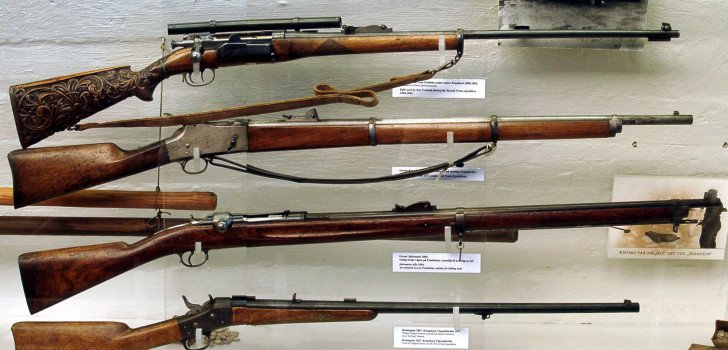The U.S. Supreme Court ruled Monday in Henderson v. United States that felons may transfer firearms to independent third parties or have them sold. The move is a strong support of property rights as prior to the ruling felons were usually required to forfeit their guns to the state.
Convicts with significant firearms collections have long faced disproportionate penalties with current forfeiture policies. The more guns owned, the greater the penalty. In many cases the collections can be a significant portion of their net worth and forfeiture prevents a collector from mounting a proper legal defense.
The new decision reverse that of the U.S. Court of Appeals for the Eleventh Circuit, which ruled that a felon might still exert control over those firearms if they were not seized.
In its ruling, the supreme court rejected the government’s main premise based on the theory of “unclean hands,” and concluded that the prohibition on firearm possession did not extend to firearm transfers. The court did say that justice officials are permitted to “seek certain assurances” that may still “fail to provide adequate safeguard, [in which case] a court should then disapprove of the transfer.”
The man lodging the case, Tony Henderson, was arrested for a felony offense in 2006 and was forced to turn over his collection of firearms to federal agents as a condition of his release. The collection included a number of valuable items and antiques.
In 2008 Henderson requested that the court transfer ownership of his weapons to his wife or a third party that agreed to pay for them, and clearly stated he would not possess any of the weapons personally or via proxy.
Stay Connected